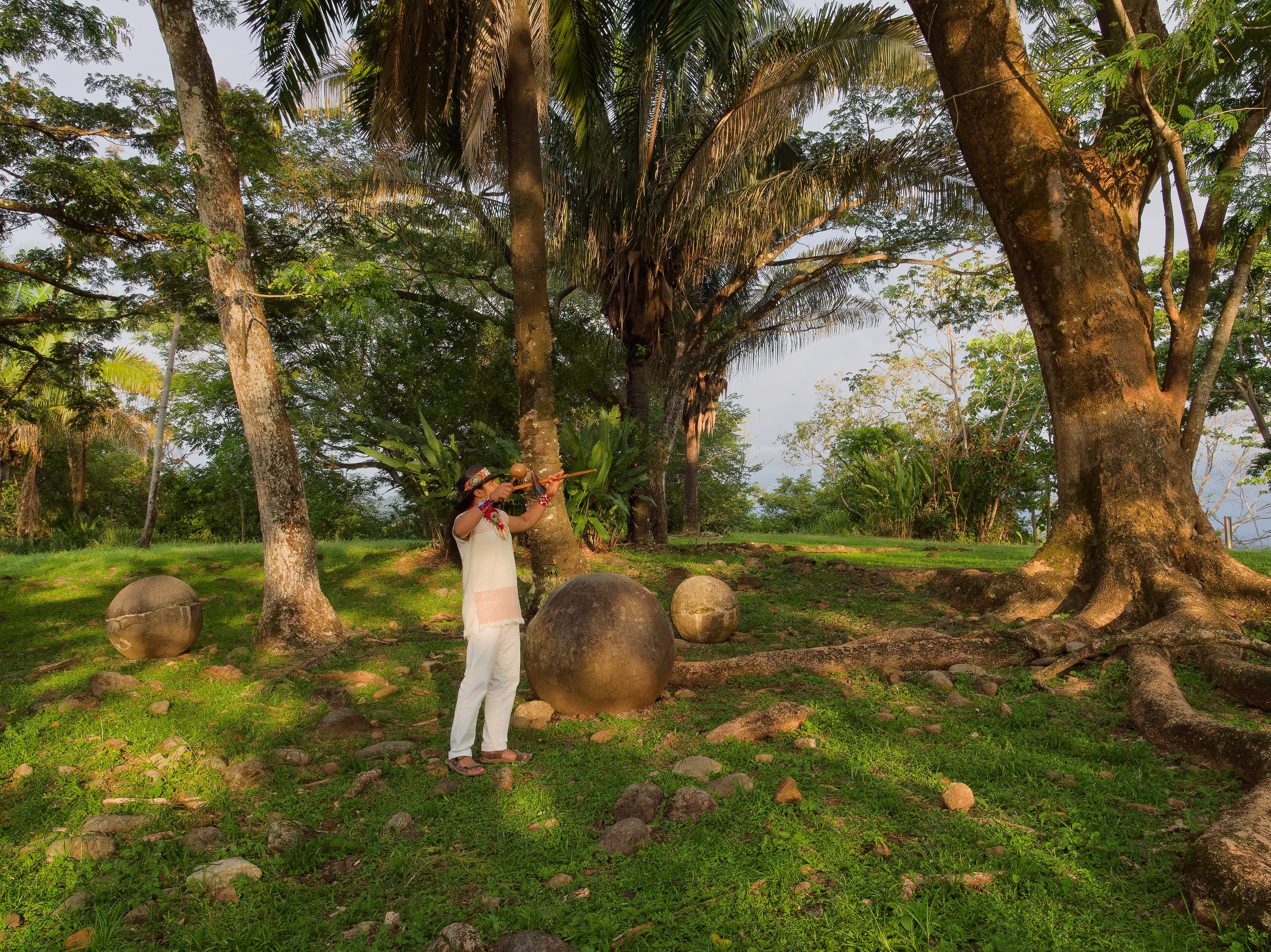
The nexus of Western and Indigenous sciences is the way of peace.
The Master of Indigenous Science and Peace Studies (ISPS) program is housed at the University for Peace in Costa Rica.
Pictured: Pacha, a Yanakuna cultural practitioner, calling to the wisdom of the petrospheres in the south of Costa Rica.In ancient times, Indigenous peoples met at the petrospheres in Costa Rica to encode timeless messages for peace and sustainability in the stones. Legend tells that when Francisco Pizarro, the conqueror of Peru, asked the chiefs of the Inca empire how shamanic qualities were determined, they answered that shamanic candidates must be tested in a great pilgrimage to “the land of the spheres.”
In ancient times, Indigenous peoples met at the petrospheres in Costa Rica to encode timeless messages for peace and sustainability in the stones. Legend tells that when Francisco Pizarro, the conqueror of Peru, asked the chiefs of the Inca empire how shamanic qualities were determined, they answered that shamanic candidates must be tested in a great pilgrimage to “the land of the spheres.”
“Every once in a great while a breakthrough in
education comes along that seems destined to
achieve excellence in itself, as well as become a
model for similar programs to come…”
Winds of Change, Journal of the American Indian Science and Engineering
Society, 1994
What is ISPS?
The Master of Indigenous Science and Peace Studies program offers students the opportunity to be immersed in courses bridging the two ways of knowing: Indigenous Science and Western Science. Students will participate in exchanges with Indigenous knowledge keepers, community leaders, scholars and scientists from around the globe. They will also be challenged to integrate Indigenous Science within their own work to create a balance between both ways of knowing within themselves. ISPS provides a unique way to nurture and create clear visions for the Earth’s renewal.The initial iteration of the program was created in 1993 as the world’s first accredited doctoral program taught from the perspective of Indigenous mind and science. The Master (M.A.) of Indigenous Science and Peace studies is the latest iteration of the program.
The Prophecy of the Eagle and Condor, 1993. Mazatl Galindo.
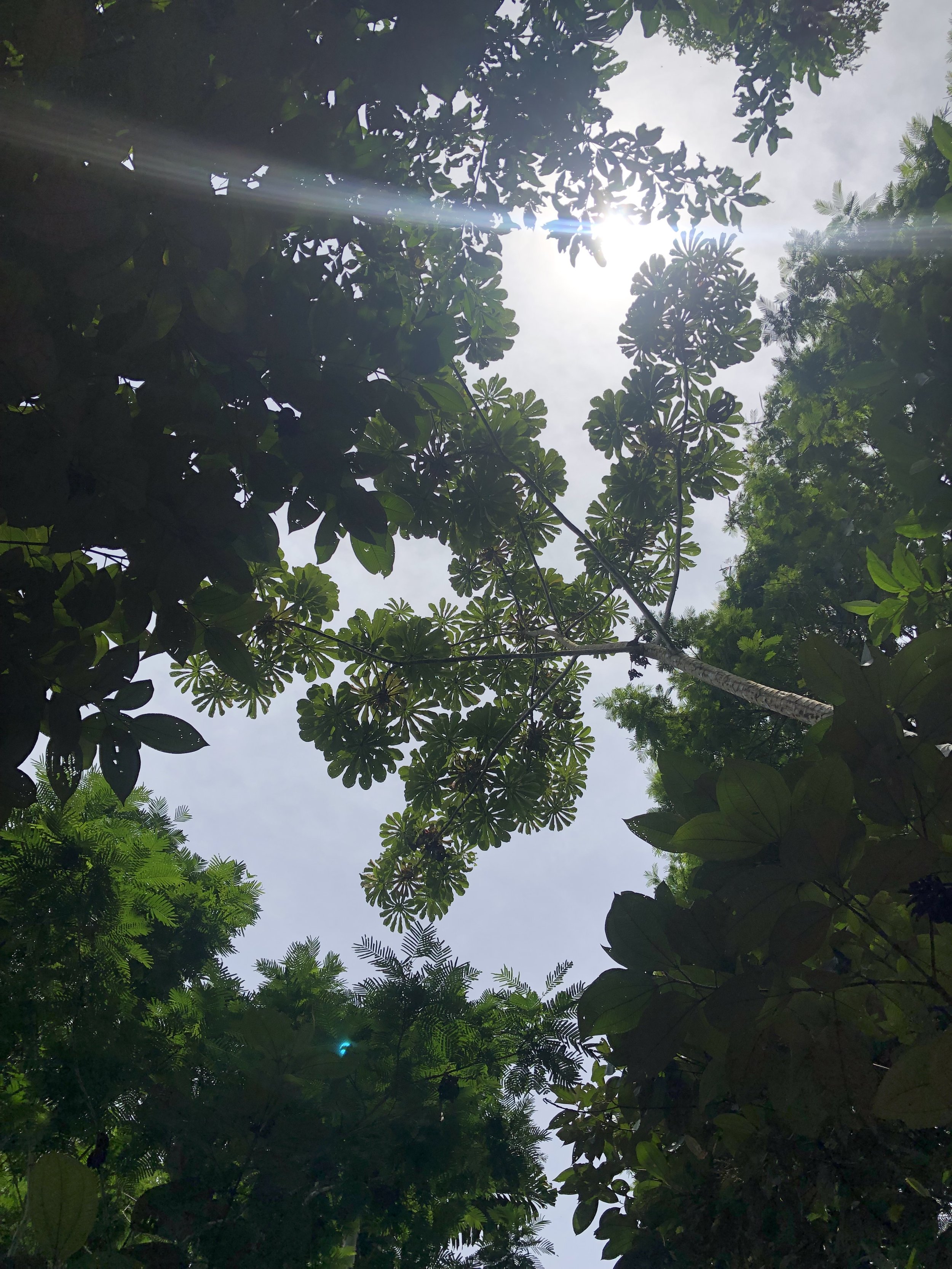
“Our aim is to promote dialogue and discussion, to discover what we can learn from each other and, in particular, to explore the limitations that may be inherent in one particular knowledge system—that known as Western Science. It is an exploration of two different ways of knowing, two different worlds of consciousness, and a discovery of the ways that peoples can begin to have dialogues with each other, enter into relationships, and offer each other respect and courtesy that is the hallmark of humanity."
-David Peat, Worldwide Indigenous Science Network Co-Founder
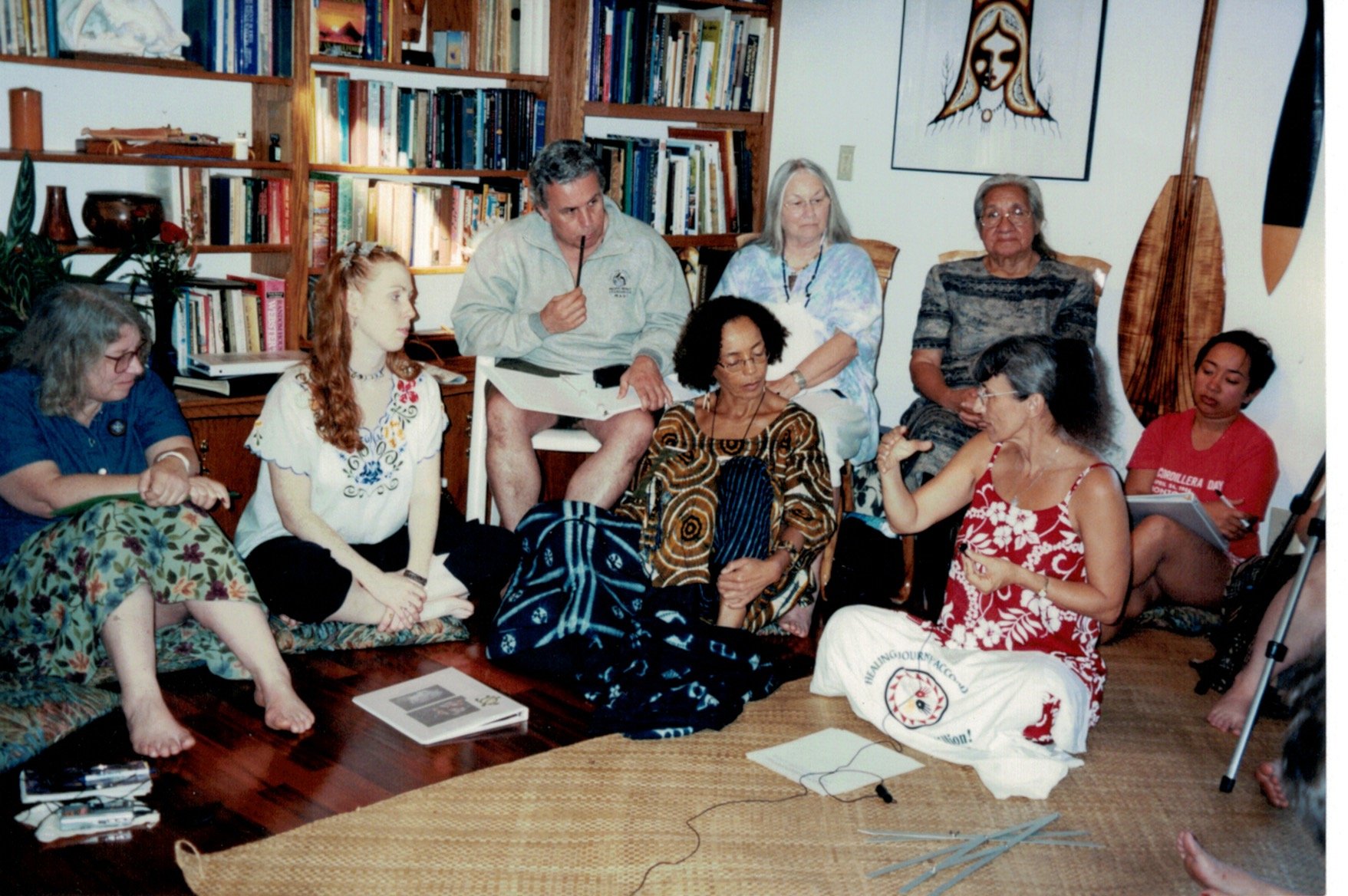
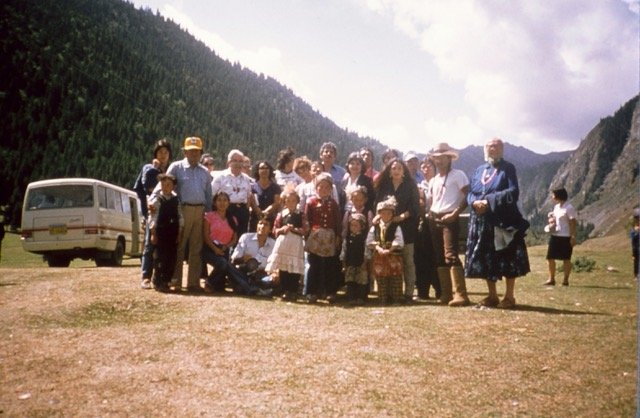
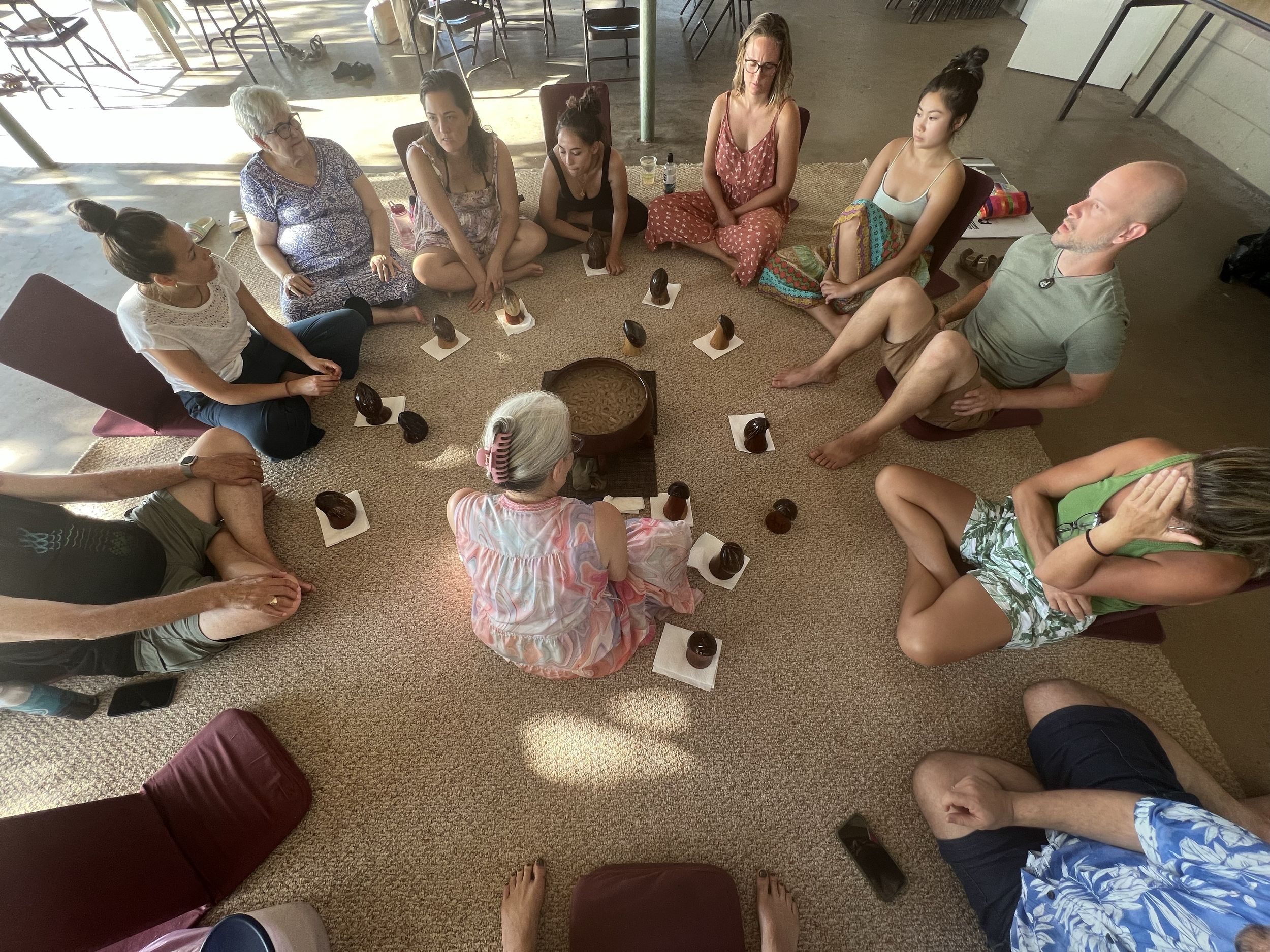
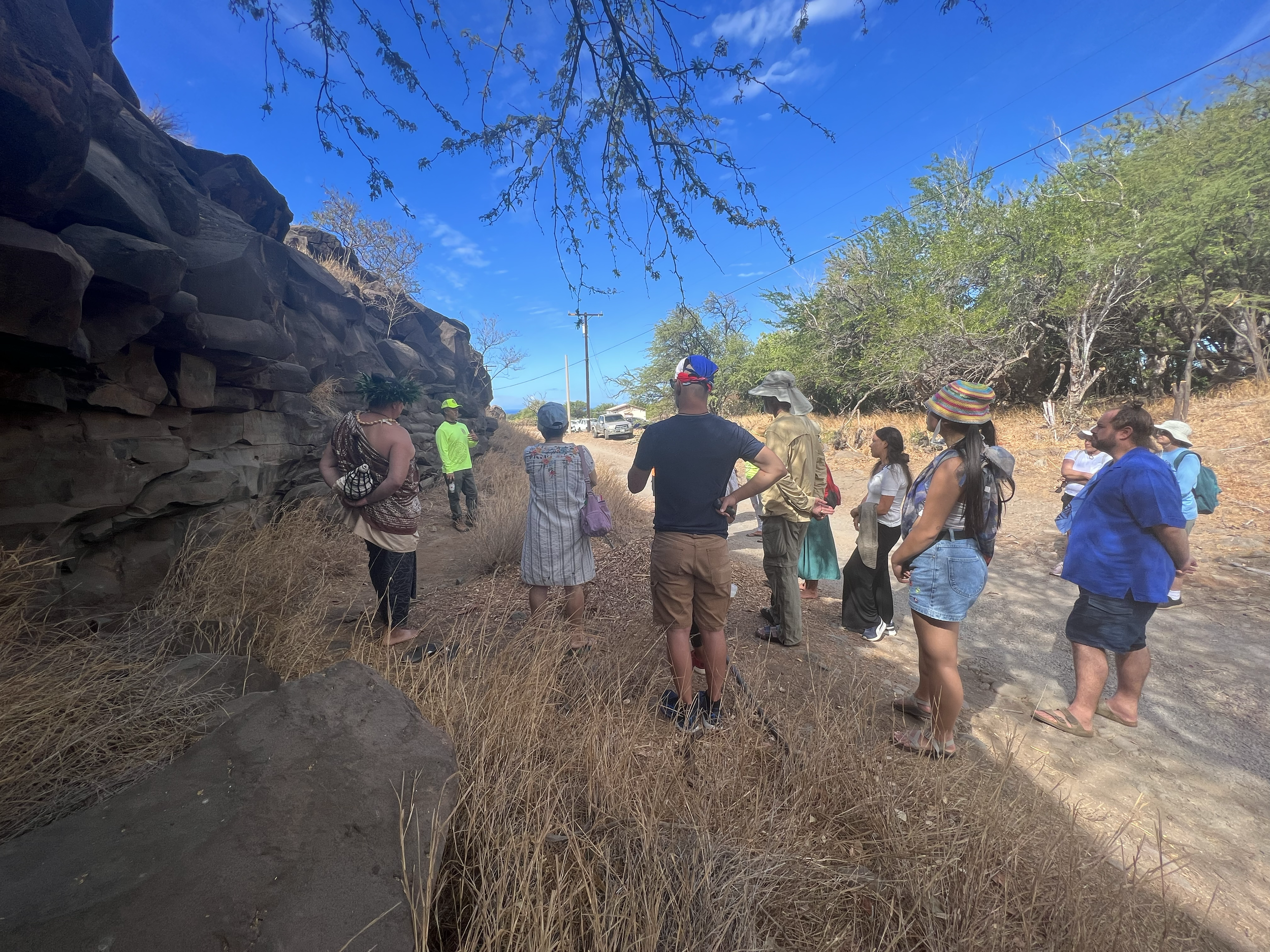

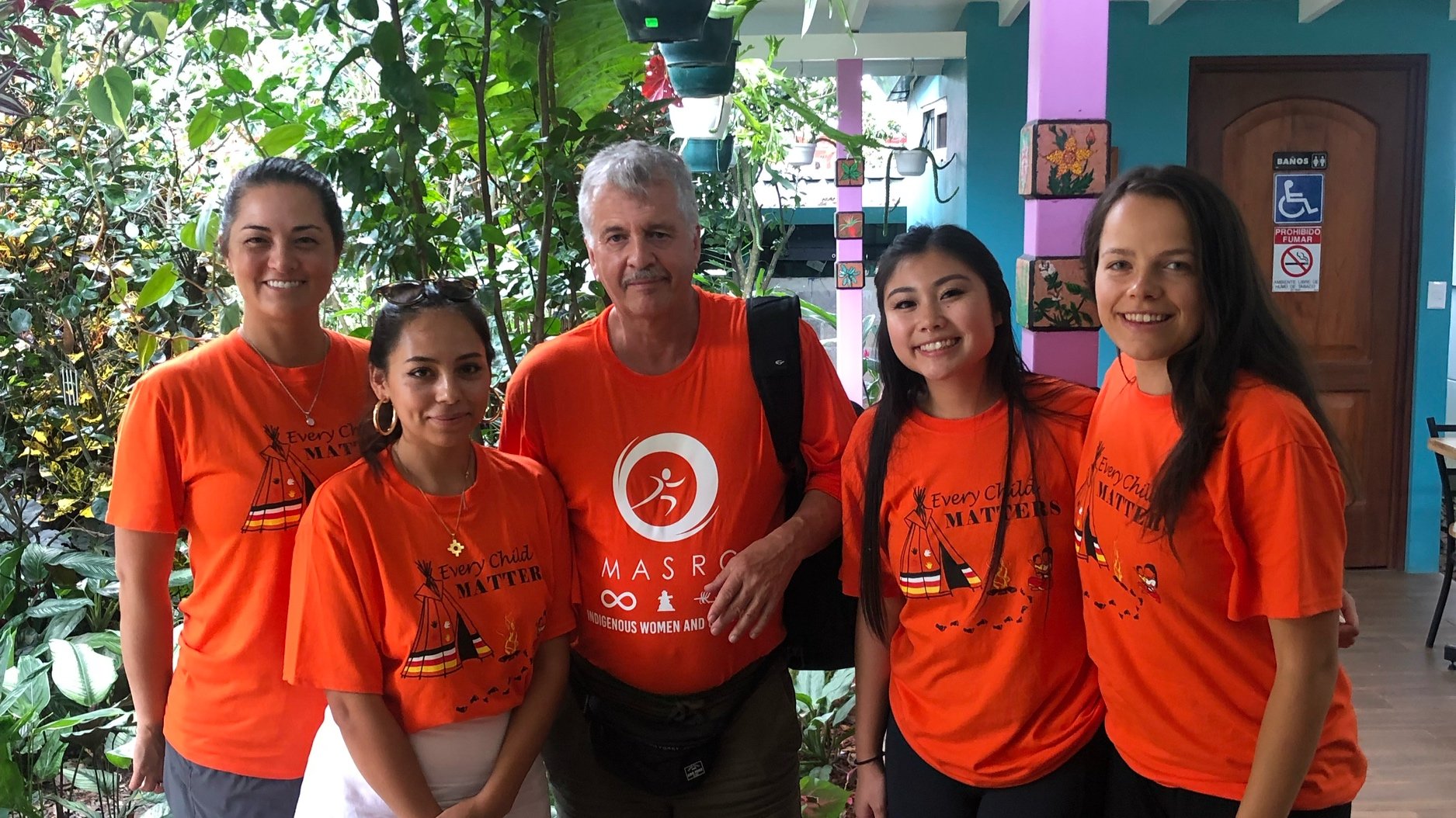


Who would not be wise to walk the path so long traveled by the Ancestors?
-Hale Makua, Hawaiian Elder
Academic Program
The Master of Arts Degree in Indigenous Science and Peace Studies (ISPS) was founded in the peace-making traditions of the Haudenoshaunee peoples and ancient council traditions in Northern Europe. Present and past Indigenous traditions hold generations-tested ways of making peace and creating balanced societies.
Taught from the perspective of Indigenous Science and wisdom, ISPS offers students the opportunity to be immersed in exchanges with Indigenous knowledge keepers, community leaders, scholars and academics from around the globe.
This approach enables students to embody life-sustaining principles in their work on behalf of people’s sovereignty, self-determination, and peace. ISPS will focus students’ determination and skills, igniting a clear fire vision for Earth’s renewal.
Apply
We are currently accepting applications for the January 2025 cohort. To apply, click here.
